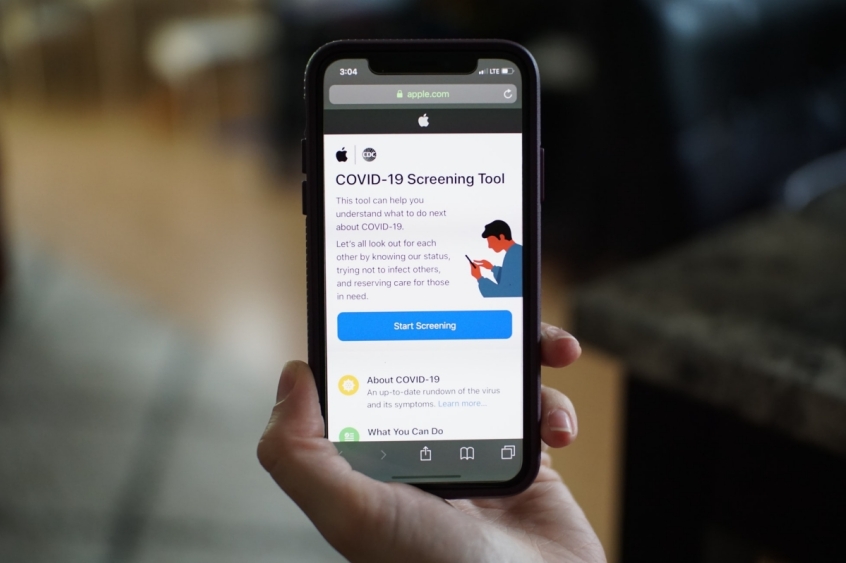
Over 3,000 Christians have signed a statement urging Christians not to dismiss a Covid-19 vaccine if and when there is one.
The Christian Statement on Science for Pandemic Times warns against believing Covid-19 conspiracy theories while ignoring the science.
"We are deeply concerned about the polarization and politicization of science in the public square when so many lives are at stake," the statement says.
"The word 'science' has become a weapon in the culture wars. Scientists are vilified and their findings ignored, while conspiracy theories go viral. Sadly, Christians seem just as susceptible to these trends.
"Thoughtful Christians may disagree on public policy in response to the coronavirus, but none of us should ignore clear scientific evidence."
"We call on all Christians to follow the advice of public health experts and support scientists doing crucial biomedical research on Covid-19."
The statement calls on Christians to "uphold the authority of God's Word and see science as a tool to understand God's world," while also following the advice of public health experts and supporting scientists "doing crucial biomedical research" on Covid-19.
The statement has been issued by BioLogos, a Christianity and science initiative. Its many signatories include popular Christian writer Philip Yancey and theologian NT Wright.
The response of churches to Covid-19 has been varied around the world, with many closing their doors in line with official lockdown measures, while others have campaigned vigorously to keep their churches open.
The statement makes a number of calls, asking that Christians wear masks, get vaccinated, "correct misinformation and conspiracy theories when we encounter them in our social media and communities," work for justice, and pray.
"Mask rules are not experts taking away our freedom, but an opportunity to follow Jesus' command to love our neighbors as ourselves," it says.
"Christians are called to love the truth; we should not be swayed by falsehoods.
"Get vaccinated against Covid-19 when a safe and effective vaccine is available and as directed by a physician. A large fraction of the population needs to be vaccinated to develop the 'herd immunity' which protects the immuno-compromised and others who cannot be vaccinated.
"Vaccination is a provision from God that will prevent disease not only for ourselves but for the most vulnerable among us (Matthew 25:31-36)."
The statement does say that some scepticism is "appropriate" when scientists "speak outside their area of expertise", but on the whole, Christians are urged to take note of scientific advice.
"We firmly reject claims that science has somehow shown God does not exist or faith is mere superstition," the statement says.
"Such claims go beyond what science is capable of investigating. We lament the times when science and medicine have been misused to perpetrate atrocities like the racist Tuskegee experiments.
"But Christians should listen to scientists and doctors when they speak in their area of expertise, especially when millions of lives are at stake."
Christians should also allow for changes in scientific opinion, like evolving views on face masks, without dismissing the advice altogether.
"A change in expert advice is not a sign of weakness or unreliability, but of good scientific practice and honesty," it says.
"On the biggest points, scientific predictions have been proven right: scientists said stay-home orders would reduce cases, and thankfully those measures worked. Scientists predicted that ending quarantine too soon would increase cases, and that has been the case."
The statement also comments on the re-opening of churches, an aspect of Covid-19 that Christians have differed on. It suggests a flexible and accommodating approach.
"Christians need to balance God's call to meet together with God's call to protect the vulnerable among us," the statement says.
"Our faith calls us to sacrifice ourselves for others and accept temporary limitations on our freedoms because we have a permanent and complete freedom in Christ (Hebrews 10:34).
"Our faith helps us be humble and patient when discussing contentious issues (Ephesians 4:2-3). It is our faith, not science, that overcomes fear and brings hope."













